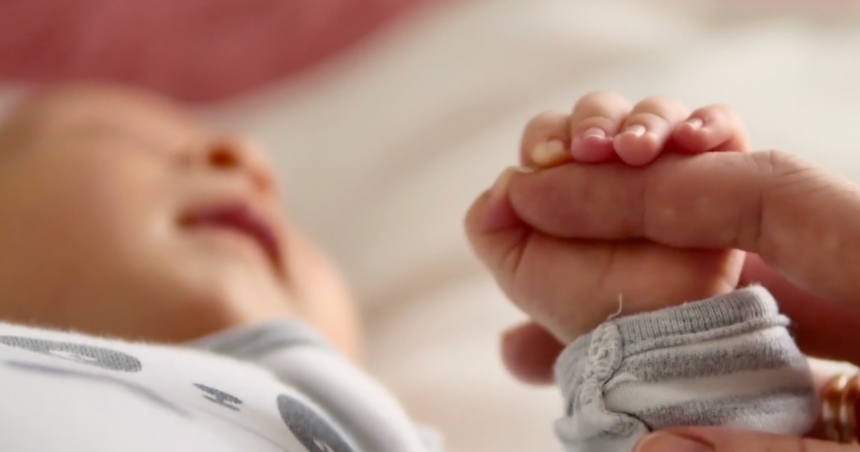The awareness that Americans are having fewer children in contemporary times has been well-established. Just recently, the U.S. birth rate hit a historic low following a 3% decline from the previous year, continuing a trend that began in 2007.
This trend garnered renewed attention after an interview resurfaced featuring Republican vice presidential candidate and Ohio Senator JD Vance in 2021. In this interview, he made disparaging remarks about childless Americans.
Vance’s comments sparked backlash from individuals without children online, many of whom defended their decision not to have kids or criticized his insensitivity towards those facing infertility challenges.
Why are Americans opting for fewer children?
One of those defending their choice is Amy Blackstone, the author of “Childfree By Choice” and a sociology professor at the University of Maine. She explained in an interview with Scripps News that her decision was rooted in simply not wanting to have children, a sentiment echoed by many individuals today, particularly in the younger generation, according to a recent Pew Research Center study.
The study delved into the increasing number of women choosing not to have children and the reasons behind this choice. While older U.S. adults cited that not having children simply never happened, nearly 60% of those under 50 stated a lack of desire as the main factor.
This inclination towards childlessness among younger Americans has been steadily rising, with the percentage of those under 50 expressing no intention to have children increasing from 37% in 2018 to 47% in 2023.
How have perspectives on parenthood shifted over time?
Blackstone believes that the growing discussion around personal choice, both for parenthood and being childfree, is driving the shift in mindset. She emphasized the importance of acknowledging the challenges and responsibilities that come with parenthood, a sentiment she believes even Vance would agree with.
She noted that societal norms may contribute to negative perceptions of childfree individuals, as our social fabric often relies on continued population growth for various sectors like the economy, religious institutions, and national defense.
Blackstone urges support for individual choices around parenthood and suggests that policymakers address concerns raised by younger adults, such as childcare expenses and future uncertainties, highlighted in the Pew survey.
She sees these insights as crucial for policymakers to consider in addressing declining birth rates and supporting individuals navigating their childbearing decisions.
To watch the full interview with Blackstone, please view the clip above.





